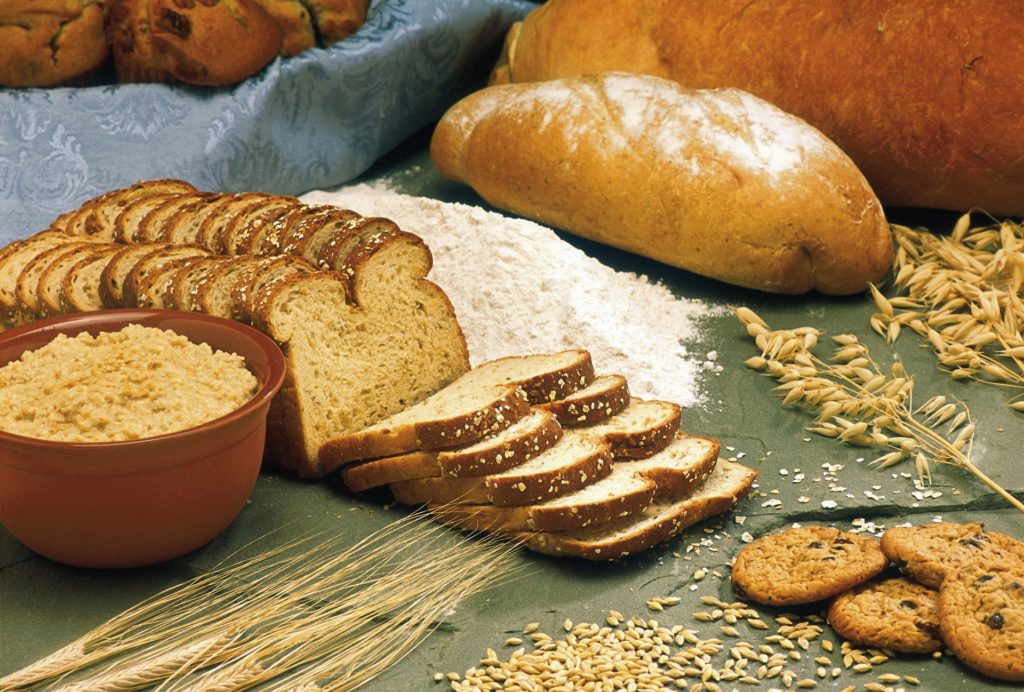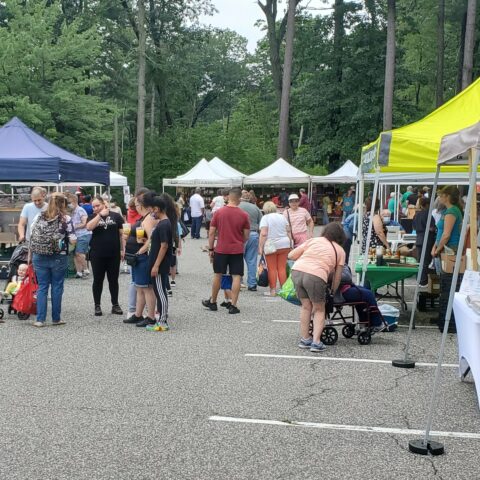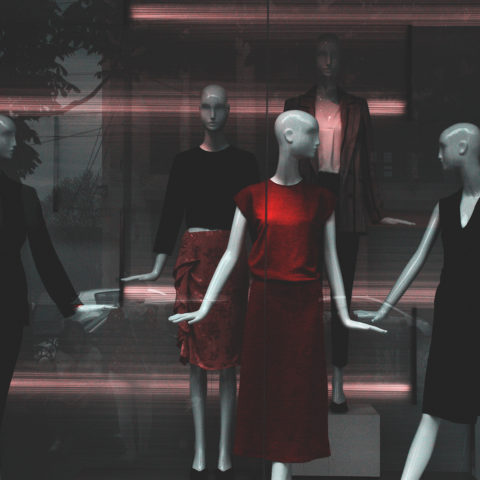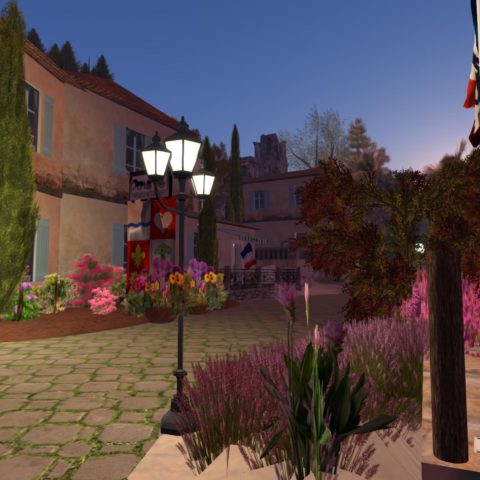“If it was bad for us, they wouldn’t sell it.” This was the response I got from the maintenance man when I objected to his spraying weeds with Roundup. Well actually, that isn’t true. “A number of cities, counties, states and countries throughout the world have taken steps to either restrict or ban glyphosate, the active ingredient in Monsanto’s Roundup weed killer,” notes Baum Hedlund Aristei Goldman PC here in a recently updated list. The firm has links to several lawsuits brought against Monsanto by plaintiffs who claim their cancers were caused by Roundup, including the action of Edwin Hardeman, which was settled on March 27, for more than $80 million in damages.
Beginning in the 1950s, biologist Rachel Carson began drawing attention to the dangers of pesticides. Her 1962 book Silent Spring was named one of the top 25 science books of all time by the editors of “Discover” magazine. It met with violent opposition from chemical companies but led to a national pesticide policy and a nationwide ban on DDT for agricultural uses. Carson inspired the environmental movement that led to the creation of the U.S. Environmental Protection Agency (U.S. EPA).
In the 1980s, I needed to clear a long-unused garden area on a newly purchased piece of rural land in Connecticut. Since it was to be a farm operation, I needed to obtain a Pesticide Operator’s License from the state, which required the taking of a course and certification. I paid for the course that was offered by the Extension Service, sat through all the classes, was certified, and put the license in a drawer, and swore to grow organic.
What I had learned in that class was not just how to use various pesticides but the dangers of doing so. It’s a class every manufacturer, seller, and user of Roundup should be required to take. In most states, anyone who works with pesticides at residential complexes, schools, playgrounds, etc. are required by law to be certified. But speaking from experience, most are not. It’s easier for supervisors to hand the worker a tank full of poison and tell them to “read the label” rather than spend the money and time required.
Roundup was brought to market by Monsanto in 1974 after DDT was banned. The company was purchased by Bayer AG in 2018. Bayer is a major producer of genetically modified (GM) crop seeds that are designed to resist glyphosate. This means growers can spray Roundup and other glyphosate-based sprays on their fields to kill weeds without harming the crops. It is widely used on corn, soybeans, wheat, and oats. Cereal producers use it as a drying agent so an entire crop can be readied for harvest at the same time. I hadn’t thought about this last use, and since I eat oatmeal nearly every morning, I have switched to organic.

The United States Department of Agriculture (USDA) National Agricultural Statistics Service (NASS) released a 2017 “Agricultural Chemical Use Survey” of wheat producers which collected data on fertilizer and pesticide use in growing wheat. The survey included 18 states that account for 90 percent of the 46.0 million acres planted to wheat in the United States in 2017, including 85 percent of winter wheat acres and 99 percent of spring and durum wheat acres. The study can be viewed at the end of this article.
The Environmental Working Group (EWG) reported on the results in an online article titled “Glyphosate Contamination in Food Goes Far Beyond Oat Products,” in which they feature the results of tests conducted by their group (pasta and wheat-based cereal) and the Canadian Food Inspection Agency (wheat, grain, beans) which list levels of glyphosate found in each.
On February 25, the U.S Public Interest Research Group (U.S. PIRG) Education Fund released the findings of a study that tested 20 brands of wine, beer, and hard cider, some of them organic, for traces of glyphosate. Of the 20, 19 tested positive.
French President Emmanuel Macron is proposing a total ban on glyphosate by 2022, with the goal of eliminating any traces, particularly in France’s famed wines. “His efforts are part of a wider campaign for a ‘European Renaissance,’ published in newspapers in all 28 member countries last week,” wrote Suzanne Mustacich for “Wine Spectator.”
Glyphosate has been connected to the increase in celiac disease by the National Institutes of Health. The “International Journal of Environmental Research and Public Health” offers open access to articles that study glyphosate as it impacts child development, kidney disease, reproductive health, Parkinson’s Disease, and cancer. These studies are from academic journals, and while not for everyone, I personally favor facts over the hype of the chemical industry and the politicians and partisan organizations that keep the truth hidden.
Findings are being reported daily that disclose that glyphosate is being found in fast food, pet food, food you might have thought was safe, but isn’t. All food should by poison-free, the food of the poor as well as the food of the wealthy, and everyone in between. There is a reason why those less fortunate are less healthy. You know it, and I know it.
Glyphosate destroys colonies of bees and kills other pollinators and beneficial insects that are crucial to the growing of a healthy food supply. Its use threatens biodiversity. More and more communities are demanding that its use be discontinued.

Writing for Maine’s “Portland Press Herald,” just this week, Randy Billings wrote of Portland’s ban on synthetic pesticides. Portland is phasing out pesticide use, imposing fines, and educating its managers and the public about its dangers. I pray that this snowball will grow, picking up small towns and cities until the lawmakers at the state and national level have no choice but to legislate on our behalf.
Glyphosate is now everywhere—in our drinking water, groundwater, seas, rivers and streams, and the cycle of water itself as it evaporates and falls to the earth. It has been more than half a century since Carson’s groundbreaking work, and yet power and money continue to destroy lives and degrade the environment.
Remember what glyphosate is used for—to kill things. It is on and in our soil, food, animals, sea creatures and ultimately, us. Just as we need a climate change revolution, we need a food change revolution. Yes, it’s a lot to take on, but consider the alternative. Be an activist in whatever way you can. There is too much at stake not to.






Great article Sheila. Thanks for getting the word out about chemicals in our food supply and the histroy of deceite that was feed to us. So sad about our children especially. With the soil contaminated and finding seeds that are not GMO ready is very difficult, the future does not look promising; unless individuals stop buying GMO products and start growing their own food of buy Non-GMO products. There are ways to grow food inside without soil and chemicals. People need to invest in themselves and the future generations.